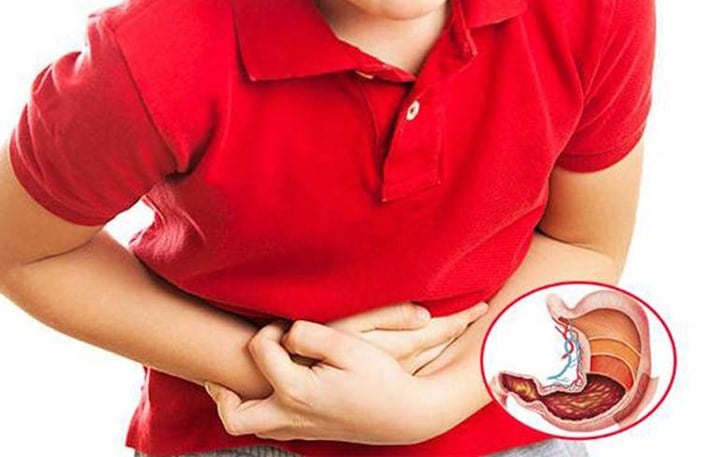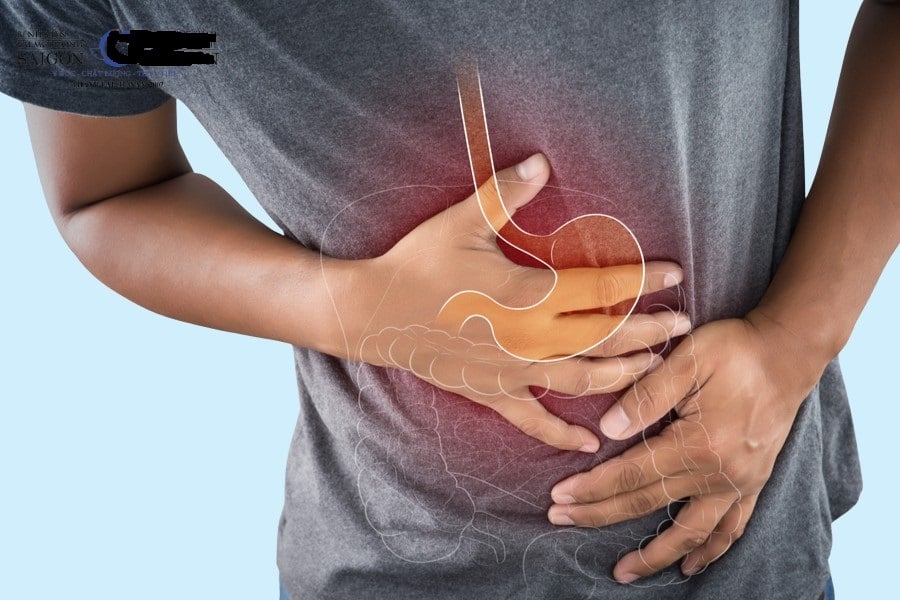Upper Abdominal Pain or Burning
Pain in the upper abdomen (epigastric region), just below the sternum, is a common symptom of stomach ailments such as gastric ulcers or gastroesophageal reflux. The pain can be dull or burning and usually occurs when hungry or after consuming irritating foods such as sour or spicy dishes.
Frequent Belching or Acid Reflux
Frequent belching or acid reflux, especially after meals, could indicate gastroesophageal reflux disease. If this persists, consult a doctor to assess the risk of ulcers or more serious conditions.
Nausea and Vomiting
Unexplained nausea and vomiting may be related to stomach issues such as gastritis or intestinal obstruction. If there is blood in the vomit, seek immediate medical attention as it could indicate gastrointestinal bleeding.

Abdominal Distension and Bloating
Feeling full or bloated without eating much suggests that the stomach is struggling to digest food. This could be due to digestive disorders or Helicobacter pylori (HP) infection, a common cause of gastric ulcers.
Loss of Appetite and Unexplained Weight Loss
Sudden loss of appetite or weight loss without changes in diet or exercise could indicate a serious stomach ailment, including stomach cancer. Consult a doctor if these symptoms persist.
Black or Bloody Stools
Black or bloody stools are dangerous symptoms that may indicate gastrointestinal bleeding. Seek immediate medical attention as it could be life-threatening.

Prolonged Fatigue
Stomach ailments, especially when coupled with anemia from bleeding or nutritional deficiencies, can lead to fatigue and lethargy. If you frequently feel exhausted despite adequate rest, consider getting your stomach checked.
Advice: If you experience one or more of these symptoms, especially if they persist or worsen, consult a gastroenterologist for timely diagnosis and treatment. Adopting a healthier lifestyle, including a balanced diet, avoiding irritating foods, and reducing stress, can also contribute to maintaining a healthy stomach.





































